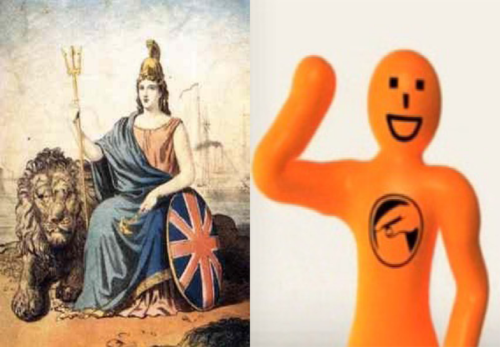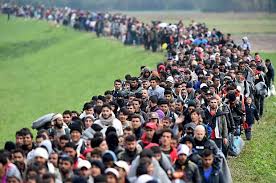
Dear Jacinda – there isn’t the time to go into much detail, so I’ll be brief. If you want to win next month you will have to copy Justin Trudeau and how he won in Canada. If you want to copy Justin Trudeau you’ll have to demonstrate that you’re listening where the other politicians have not been – and that means that you ought to campaign on comprehensive cannabis law reform in New Zealand.
Trudeau campaigned on several major policy planks, but one of them was that cannabis prohibition was a demonstrated failure and the law prohibiting it needed repealing as soon as possible. This was not a shock to the Canadian electorate in 2016 because there had already been four years to observe the effects of legalisation in Colorado and in other places. It will not be a shock here either.
By now even the South African High Court has ruled that cannabis use is a human right, as they did earlier this year. It’s fair to say that if a Third World country like South Africa has an intellectual tradition deep enough to understand the need for cannabis law reform, then New Zealand ought to be able to claim the same.
So with this issue you could demonstrate a clear point of difference with not only Andrew Little, but also with Bill English and Winston Peters. You can also prevent the Greens and the Opportunities Party from outflanking you.
One of the reasons Little was not successful as Labour Leader was his refusal to listen to the people. Cannabis users, all 400,000 of us, tried to tell him that we were tired of being told that our issue wasn’t important and that we’d have to keep waiting. We’ve been waiting since 1996.
All we got was talk about how cannabis users would have to keep going to prison because cannabis causes brain damage, despite us providing ample evidence that prohibition caused far more harm than cannabis itself ever could.
What is sitting before you is the easiest open goal ever offered to a Labour Party leader. Kick it in!
Introducing cannabis law reform to an electorate where up to a third of them are directly criminalised by prohibition, and over two-thirds of them support a change to the current law, will be much easier than introducing civil unions was to an electorate where barely one in a hundred people were affected.
The cannabis issue is unique in that it cuts across a wide range of demographics. The correlation between being Maori and voting for the Aotearoa Legalise Cannabis Party in 2014 was a whopping 0.89 – strong enough that it can fairly be said the vast majority of Maoris have an interest in cannabis law reform.
Considering that there is also a strong correlation between being Maori and not voting, it’s clear that there’s a large block of cannabis-friendly Maoris who have been, up until now, reluctant to vote at all. Although the primary reason for this is general disenfranchisement and not cannabis specifically, the refusal of our political class to listen to Kiwis on cannabis law reform is a major contributor to that disenfranchisement.
This column has previously argued that cannabis prohibition is itself a racist law because of its disproportionate effect on Maoris. It has long been noted that the major losers from cannabis prohibition are the same demographics that vote Labour, so why not give your constituency a break by legalising the recreational drug that most of them prefer to alcohol?
The correlation between voting Labour in 2014 and median age was -0.70, and with voting Aotearoa Legalise Cannabis Party in 2014 and median age it was -0.55, so it’s apparent that there are broad overlaps between Labour voters, cannabis users, and the disenfranchised young and Maori who don’t see enough representation in the system for it to be worth voting.
Change Labour’s stance on the cannabis issue, and you can bring enough non-voters to the polls to change the outcome of this election.



